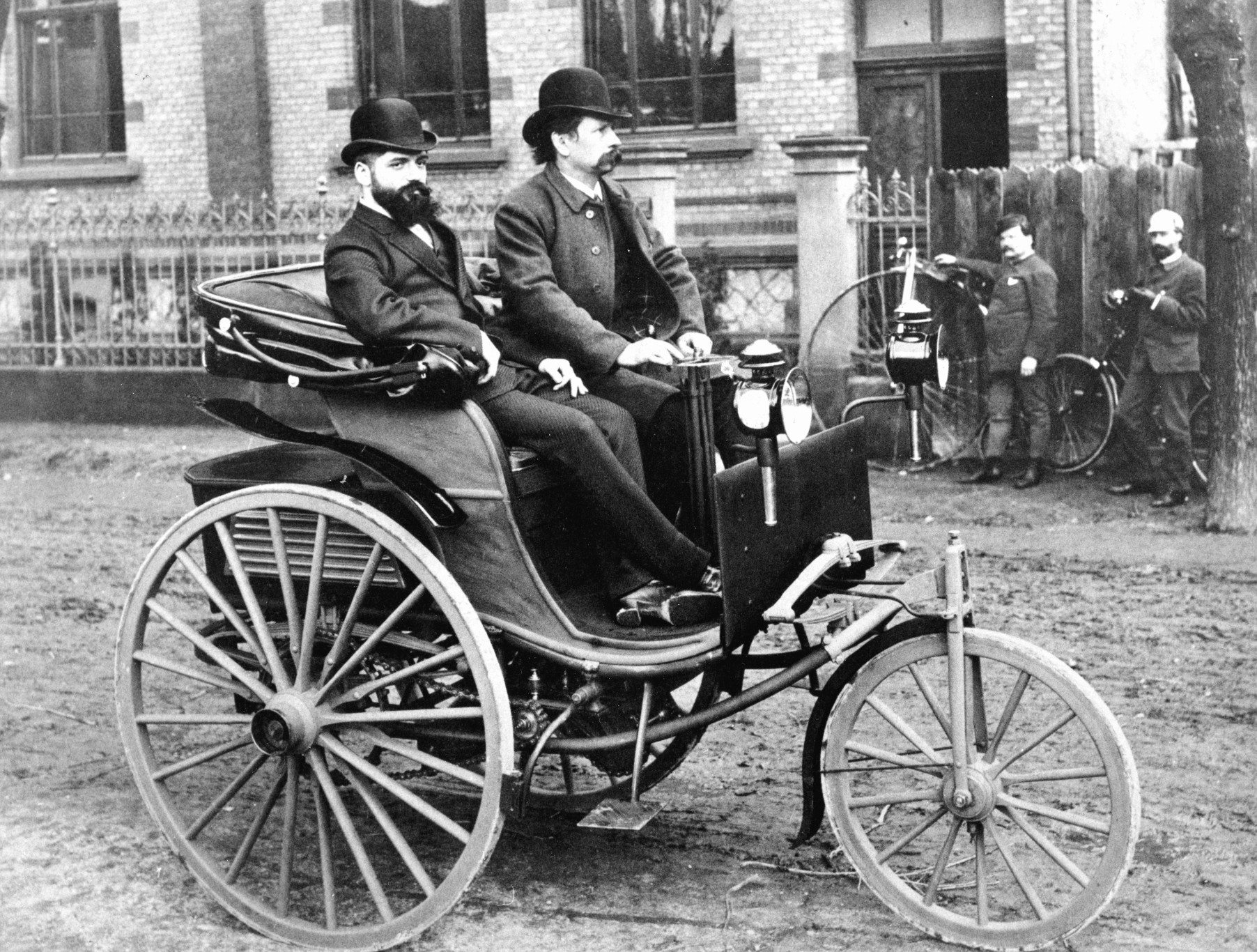“What is past is prologue.”—William Shakespeare
That query produces either giggles or groans from the exhausted parents in charge of navigating to grandma’s house—or anywhere else that’s taken a long time. My grandmother told me that wasn’t something her parents had to deal with, because children of her day didn’t grow up with automobiles. Carriage rides were slower but a lot more interesting. We tend to assume our children today know how annoying that question is, which is why it’s become the biggest travelers’ tease of the last century.
My father had a ‘bad news/good news’ retort for us, which came to mind recently as I worked on my third book in the 19th century family saga I’m writing. Daddy would answer us by saying the bad news was no, we weren’t there yet, but the good news was we were somewhere, inferring that we should enjoy wherever we were. That’s not where we want to be, we’d grumble, and he’d respond by telling us we’d better be very sure of that before we cast it off for something else. Naturally, by the time all of that was maneuvered, we’d usually reached our intended destination.
I remembered all that writing about my protagonist, Emily de Koningh. She spent most of her young life aiming for stardom as a solo violinist with a happily balanced family life, which was an impossibly high bar for a woman in the eighteen-hundreds. In the third book of this series, she finds herself there, but realizes she hasn’t gotten where she wants to be. What is that yearning for something just beyond our reach? Where does patience figure into it, if at all? Is the trip itself not worthy of our attention, or only the destination? I realize more and more lately that the dilemma we all find ourselves in with this pandemic is much the same.
We’re all tired of the fear, the stress, the never ending, labor-intensive, day-to-day living that’s both unfamiliar and completely unremarkable. In fact, it’s hard to identify where we are anymore because so much is the same. Yet I do hear people saying they don’t want to go back completely to where we were before because there are silver linings to hold onto. Some we share, and others are unique, but I tend to think we’re all ready to have the pandemic completely over, and yet also inclined to see that we’re in certain places we want to be. Every time I move to a new community now as I search for a different outlook than the one I’ve been negotiating for so long, I feel that sense around me of people making the most of their new situations. That includes doctors and professionals of all kinds. They’re all somewhere they weren’t before the pandemic, and although it seems to be a place they never imagined being, they’re adjusting to the new life. It’s as if we’re all saying we know we’re somewhere, even if not there, and in many ways we’re making the most of it.
My father would have been thrilled to find us understanding the somewhere we’re at is worth paying attention to. And I agonize over the predicament my character finds herself in, smack in the middle of a life unfolding around her just as she’d planned it, but not as she wants it now. I think we’d all best stop asking if we’re there yet and try to make the most of wherever we are, every single day. Do you suppose that’s the patience our parents tried to urge on us back when automobile travel had started to speed life up so much? Not really. But I do think it’s the fortitude we need to get there now.
Photo: Carl Benz at the tiller of his improved 1887 Benz Patent Motorwagen.


Provocative thought. I wonder if even people who seemed to have gotten everywhere one would want really feel they got ‘there’ , their destination, grandmothers house!
The crux of the problem is finding that it wasn’t Grandmother’s house you wanted to get to in the first place. Let’s see what we learn from our female violinist in Book 3! Thanks for joining the speculation, Paul. We authors never know what’s around the corner for our characters. We’re just along for the ride.